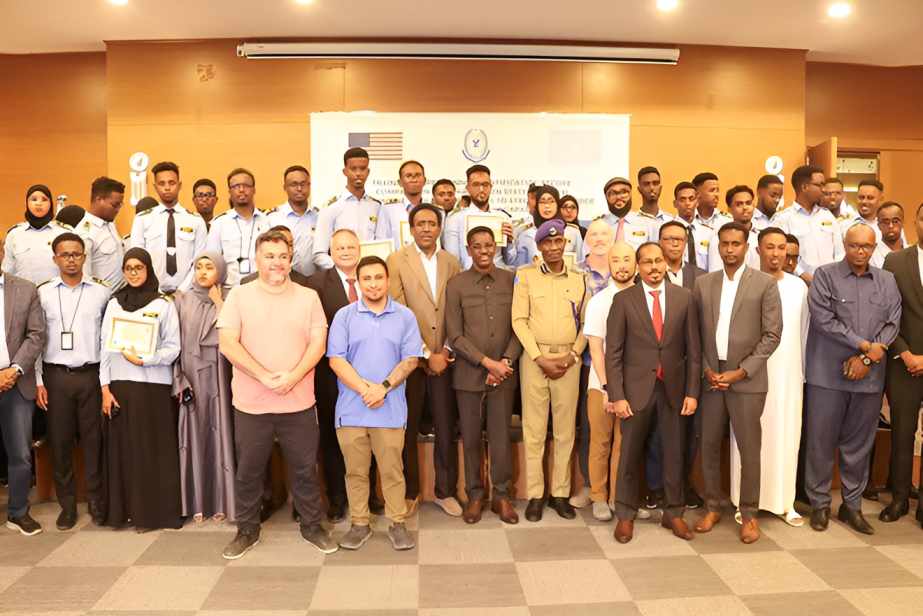Somalia rolls out US-backed biometric border system

The technology enables real-time identity checks, fraud detection, and tracking of suspicious travellers using global security watchlists.
Somalia has rolled out a new US-backed biometric border control system aimed at tightening security, curbing illegal migration, and boosting international cooperation, marking a major shift in how the country manages entry and exit at its borders.
The move follows a four-day training session in Mogadishu where American experts equipped Somali immigration officers with skills to operate the Personal Identification Secure Comparison and Evaluation System (PISCES).
The technology enables real-time identity checks, fraud detection, and tracking of suspicious travellers using global security watchlists.
“This is not just about adopting technology – it’s about protecting our people and restoring trust,” said Mustafa Duhulow, Director General of Somalia’s Immigration and Citizenship Agency.
The PISCES system is part of a broader initiative supported by the US Embassy in Somalia to modernise the country’s immigration services.
Embassy officials have worked closely with Somali authorities to implement the platform, train officers, and support the wider digital transition.
In addition to the biometric system, Somalia has introduced a new electronic passport that features a biometric chip and anti-forgery measures that comply with international standards.
Authorities say the new passports will help secure citizen identities and reduce exploitation by criminal groups.
A digital visa application system has also been launched, allowing travellers to apply online. The system is expected to simplify the entry process and reduce cases of fraud.
“These systems save lives, stop crimes, and build trust in institutions,” said a US Embassy official.
The developments reflect a wider government strategy to improve governance and rebuild public trust by investing in modern digital infrastructure.
Officials believe the systems will strengthen border control, improve public safety, and enable closer cooperation with international agencies.
Somalia has also entered into a new agreement with Interpol, which will allow it to access global criminal databases and improve information sharing with other countries.
The reforms come as Somalia continues to grapple with porous borders often used by smugglers and armed groups.
Authorities say the introduction of advanced identity and border management systems is a key step toward enhancing national security and restoring state authority.
The government views the changes as part of a long-term plan to develop strong institutions, improve public service delivery, and deepen cooperation with global partners beyond security matters.
